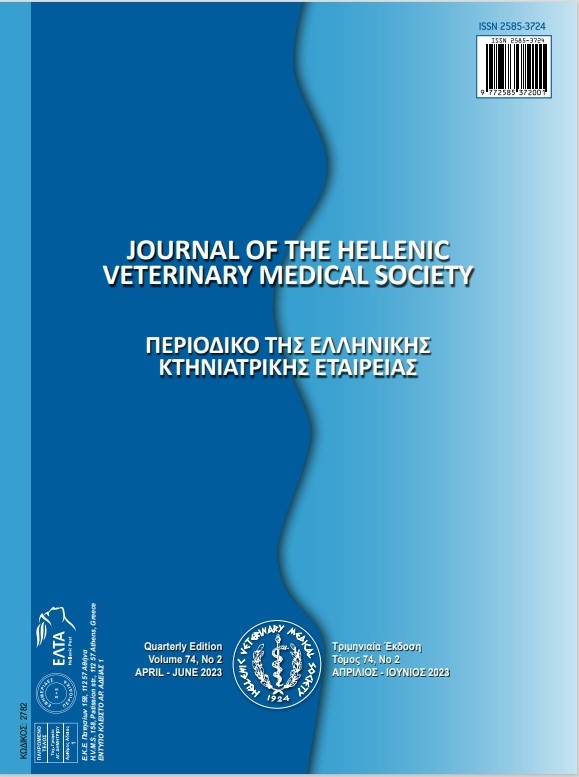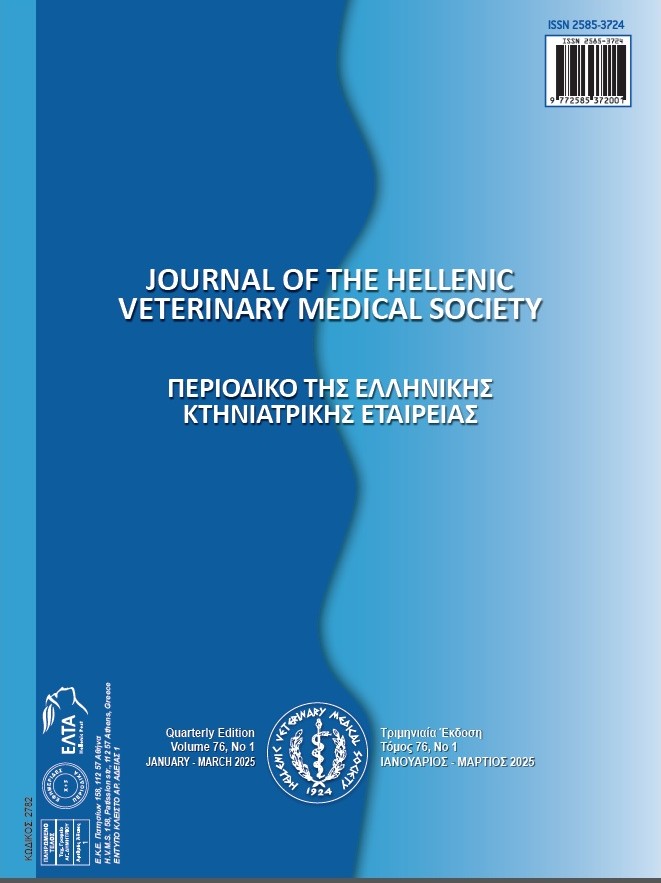Effects of organic acid treated legume forages on in vitro degradability values

Résumé
In this context, we aimed to investigate the effects of varying levels of Fumaric Acid (Fu), Malic Acid (Ma), Formic Acid (Fo), and their combinations on in-vitro degradability parameters, organic matter digestibility (OMD), metabolizable energy (ME) and net energy lactation (NEL) of alfalfa (Medicago polymorphia), white clover (Trifolium repens) and hairy vetch (Vicia villosa). Obtained data were analyzed as a completely randomized 3×8 factorial design, with GLM using SAS 9.4. The effects of legume forages and their interacion with organic acid were significant on ME, NEL and OMD values (p<0.05, p<0.01). in such a way that fumaric acid was led to an increase NEL. All of the parameters, except ME and OMD, were affected by organic acids (p<0.01). To conclude, utilization of organic acids could increase NEL, reduce the fermentation of insoluble fraction (b) and potential extent of gas production (a+b) from ruminants and reduce rapidly soluble fraction (a) (malic acid treatment only).
Article Details
- Comment citer
-
Palangi, V., Macit, M., & Kilic, U. (2023). Effects of organic acid treated legume forages on in vitro degradability values. Journal of the Hellenic Veterinary Medical Society, 74(2), 5807–5814. https://doi.org/10.12681/jhvms.30344 (Original work published 6 juillet 2023)
- Numéro
- Vol. 74 No 2 (2023)
- Rubrique
- Research Articles

Ce travail est disponible sous licence Creative Commons Attribution - Pas d’Utilisation Commerciale 4.0 International.
Authors who publish with this journal agree to the following terms:
· Authors retain copyright and grant the journal right of first publication with the work simultaneously licensed under a Creative Commons Attribution Non-Commercial License that allows others to share the work with an acknowledgement of the work's authorship and initial publication in this journal.
· Authors are able to enter into separate, additional contractual arrangements for the non-exclusive distribution of the journal's published version of the work (e.g. post it to an institutional repository or publish it in a book), with an acknowledgement of its initial publication in this journal.
· Authors are permitted and encouraged to post their work online (preferably in institutional repositories or on their website) prior to and during the submission process, as it can lead to productive exchanges, as well as earlier and greater citation of published work.




